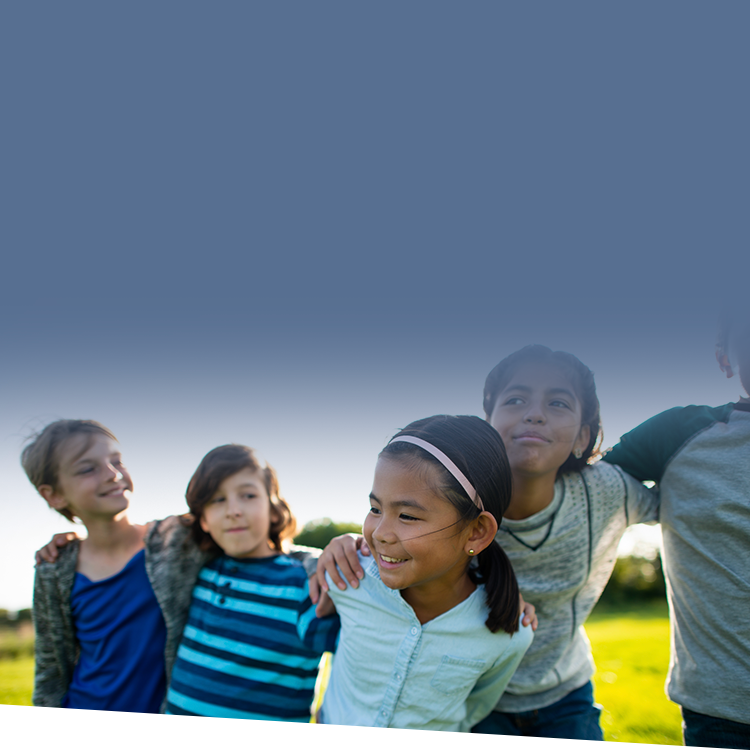While teachers and administrators often wear multiple hats, families have relied on them more than ever over the past two years. Not all of those needs have been academic. Understandably, school staff have become valued sources of information regarding COVID-19. But aside from serving as informational touchstones, they have also been a support to families seeking advice or guidance for issues both in and out of school.
Socializing Is Back—But What Does It Mean for You?
The pandemic affected most aspects of life—from health care to travel to the classroom. As the world continues to evolve and reflect the changes we’ve endured over the past two years, one of the most important elements in a child’s life remains a challenge: socializing.
Setting up a playdate was once fairly simple, with the biggest decisions involving location or activity selection. Fast forward to 2022. Helping parents, teachers, and staff members navigate the new normal for gatherings and playdates can be tricky. Not only are the rules constantly changing, but every family—or individual—may have their own perspective and comfort level.
According to psychologists, the best approach is a direct one. Before making plans, encourage folks to address the elephant in the room. If being vaccinated is a prerequisite for any type of indoor gathering, get comfortable asking those questions. Be sure to do it gently and devoid of judgment, and be prepared with a backup plan, if needed. During challenging times, everyone does things a bit differently—and all those choices are okay. As a teacher or administrator, you can help to further simplify the social conundrum by offering simple tips to worried parents:
- Start small—invite just two or three guests. This may put anxious children at ease as well.
- Plan outdoor activities when the weather allows.
- Share your mask preferences with guests. Again, do this without judgment and understand that some families may not attend depending on their needs.
- Avoid activities that involve eating if you're uncomfortable with people being maskless.
- Talk to children in age-appropriate ways about how it might feel to be with friends in a “normal” way again.
This guidance translates to the classroom as well. While many schools and municipalities have rescinded mask mandates, some families may not be comfortable with their children being maskless at this time. Support all your students by creating a culture of acceptance—and extend that same courtesy to colleagues.

Tune in to ask questions related to this Source article or other topics you've encountered lately.
Visit our NEW Community and start posting.
When To Seek Help
Basic tips to reintroduce socializing are just that—a baseline. But every family has a unique set of circumstances, and sometimes a deeper level of consideration is warranted.
Some children may be afraid to socialize—even in safe ways—out of fear of infecting a younger sibling or vulnerable relative. Others simply mimic their parents’ anxieties. Being nervous and unsure during a pandemic is ordinary, and some level of depression and anxiety has been widespread among people of all ages over these last two years. But when is it too much?
Children are especially social creatures. When anxiety disrupts a child's daily life—impacting the entire family’s day-to-day activities—it is time to seek professional help. If a child is too scared to spend time with friends or family, that may feel frustrating to a parent. But it’s important to get to the root of the problem as soon as possible. Allowing this type of reaction to grow without intervention may lead to more serious diagnoses, such as obsessive-compulsive disorder (OCD).
In fact, mental health practitioners have seen a significant increase in the number of children exhibiting behaviors associated with OCD since 2020. If a parent, teacher, or staff member notices a concerning change in a child’s demeanor—at home or in the classroom—the school psychologist or counselor can help. Open lines of communication between parents and the school are critical to academic success and positive student outcomes. Working together, you can support your students’ social-emotional growth—especially during difficult times.
Finally, remember that many of your faculty and staff members are parents themselves. They may also struggle with the new complexities of social gatherings or changing mandates. Offering a caring ear to a team member reinforces collegial relationships and builds a welcoming workplace atmosphere.





